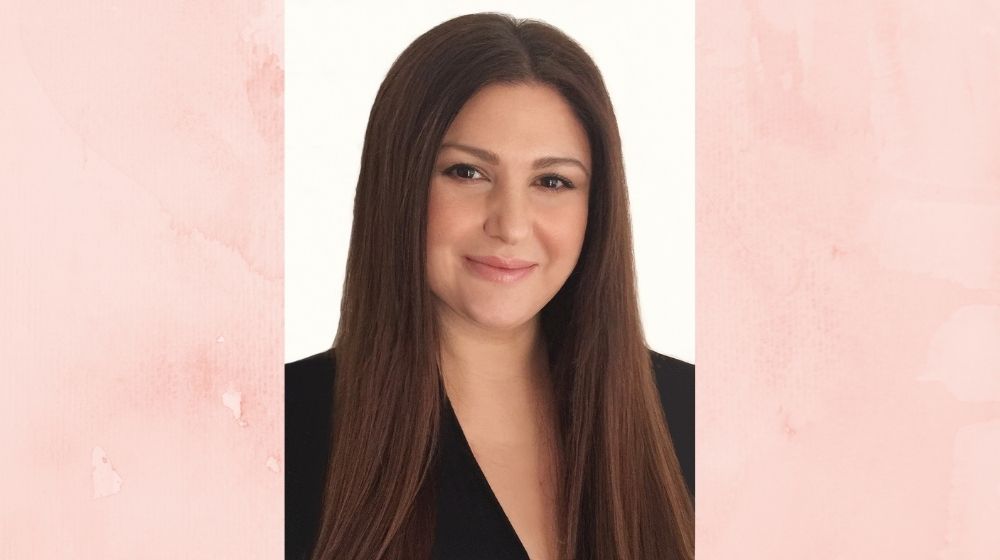ABIC’s first year was full of wins. They achieved an earlier reopening for the Australian aesthetics industry following this year’s lockdowns, raised awareness in government (ahem, yes, we are not just nails and facials and yes, we have a hygiene protocol in place), and attracted the endorsement and backing of industry leaders. But for ABIC CEO Stefanie Miller, this is the beginning and not the end of a journey to reform and advance the professional beauty industry.
In this exclusive interview Stefanie Milla discusses why the aesthetics industry has historically received less recognition than the hair industry, and why addressing challenges within the beauty industry go far beyond COVID-19.
Can you explain the “lack of unison” the Australian beauty industry has operated under to date with regard to support from industry bodies?
Our industry is so diverse, with aesthetics divided into four sectors: Beauty Services, Beauty Therapy, Dermal Therapy, and Medical Aesthetics.
Each of those sectors brings with it specific qualifications and unique specialisations. Therefore we have seen the development of more targeted associations focused within a particular sector.
However, despite this diversity, there is much influence and interplay between the various sectors. Essentially, we all work alongside each other, with many disciplines even working within the same clinic or salon.
Establishing an umbrella association that meets the needs of all four sectors is a substantial and challenging endeavour. Still, we have been fortunate to collaborate with so many industry leaders and professionals. We have also benefited from a direct doorway into government via our connections to various already established peak bodies in other fields, including partnerships with COSBOA, ACCI and Fairwork, to name a few.
For our industry to have influence and receive recognition as a strong player in the Australian economy and workforce, we must have the diverse sectors within our field working together to achieve a common goal of advancement and representation.
There is much power and strength in numbers, and this is the primary consideration of government when dealing with peak bodies. The greater the number of members, the greater the voice. Because of this, it is paramount that we grow strong membership rapidly to have a real impact and create change when we need it most.
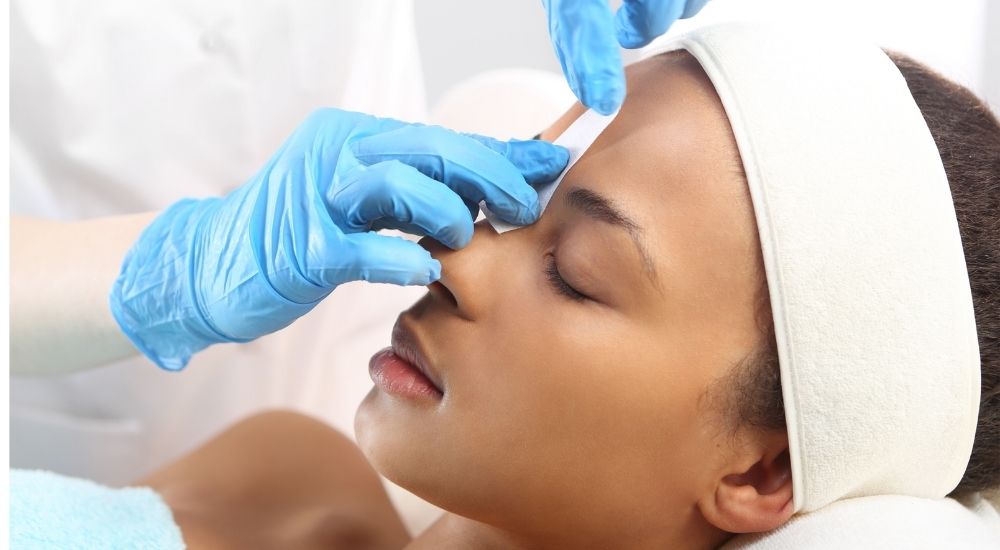
How has COVID-19 highlighted the need for a better organised Australian beauty industry?
Even before COVID-19, our industry was struggling with rapid change, unsuitable regulation and inconsistency between State legislations. This was combined with a lack of understanding about the complexity and importance of what we do and our industry qualifications.
COVID-19 highlighted the latter, particularly in government. Our industry was misunderstood and undervalued. The government was unaware of our infection control standards – inherent to our industry qualifications.
We were one of the most prepared industries due to our already established use of PPE, hospital-grade disinfectants and sanitisation procedures. We discovered that this was completely unknown to those who create laws for our country!
Why do you think historically, the hair salon industry has received more attention and support than the skin, nails, lashes, spa industries?
I believe the underlying reason is that Hairdressing has had strong, consistent and organised representation for the past ten years, by their peak body, The Australian Hairdressing Council (AHC) and its CEO Sandy Chong.
Hairdressers and hair salons have rallied together and combined their forces by becoming members of the AHC. They have the member numbers; therefore, the government listens.
To progress and not stagnate, we need to follow suit. We need numbers, and that means that Beauty Service Professionals, Beauty Therapists, Dermal Therapists, Medical Aesthetic Practitioners and Clinic Owners need to join forces and become members of their peak body association.
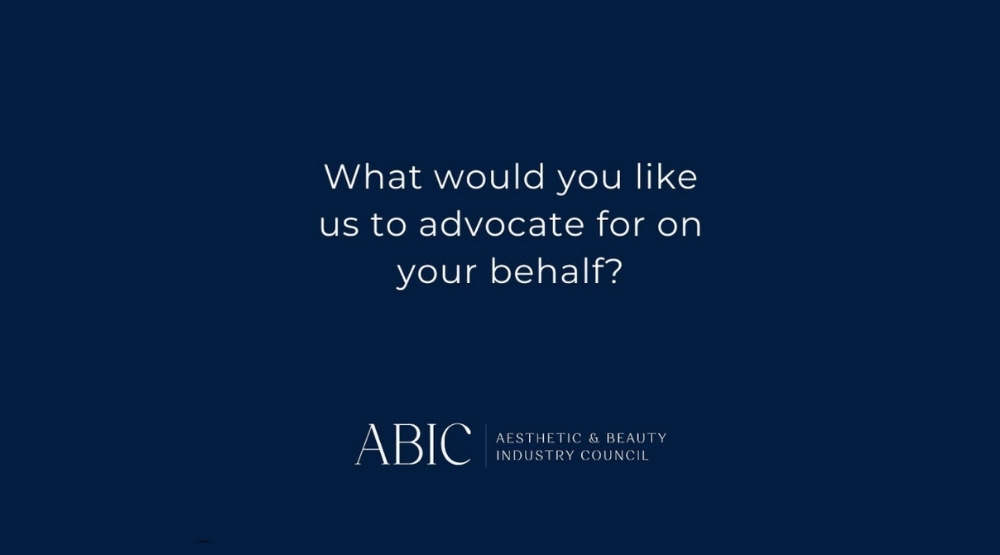
It is even more critical for our industry as there is a poor understanding of beauty in government, so we are up against a harder fight.
According to The Parliament of Australia, depending on which Australian State, women represent between 35% and 55% of Government (Parliament, the House of Representatives and government officials).
Women spend approximately $15 billion a year in Australia on beauty services. This is in stark contrast, the annual estimated expenditure of men on beauty services in Australia is only approximately $7 billion.
ABIC statistics show that depending on which beauty sector, approximately 70% to 90% of consumers are women.
Based on the above figures and statistics, it’s not difficult to identify why there is a better understanding and consideration of Hairdressing over beauty in government. This was clearly demonstrated in the number of times that our entire industry and its disciplines were referred to as “nail salons” or “parlours” in official government documentation and Covid roadmaps.
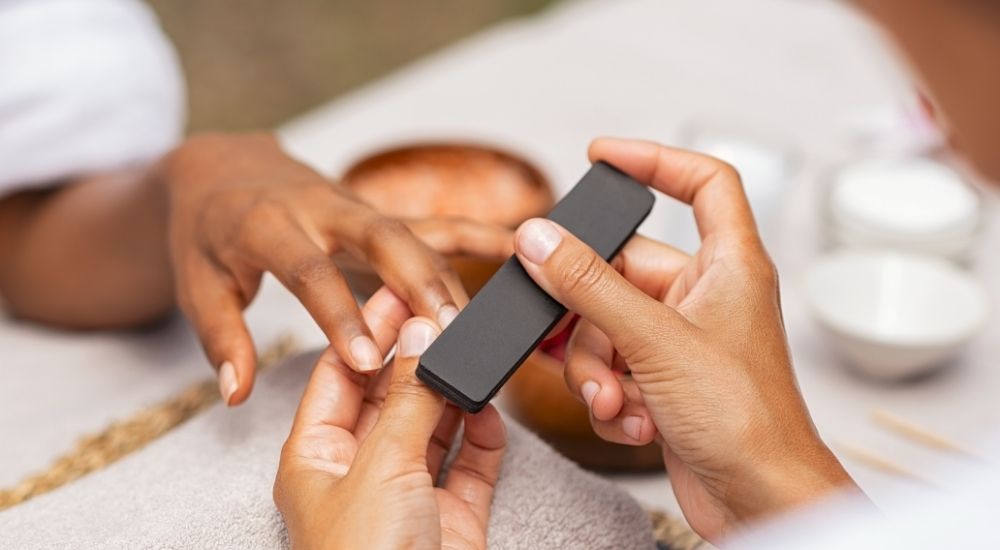
The only way to receive attention and support is to have a steadfast, unified, and government recognised representative body that educates and steers government in the right direction. This is what ABIC does.
How did ABIC get started? Who is involved?
ABIC was started for all those reasons I mentioned: because we were misrepresented, misunderstood and forgotten by the government. However, the actual work in reform and advancement of the industry will start when the Covid complications subside.
Key areas we need to focus on include the skills shortage, inconsistent and unsuitable legislation that burdens qualified individuals whilst allowing unqualified, untrained and unskilled workers to perform (in some cases) unsafe and ineffective treatments. These irregularities place an unjust and overly competitive burden on qualified industry professionals and businesses.
The difference with ABIC is that it belongs to everyone in the industry. It is a not-for-profit organisation owned by its members. It has the assistance, guidance and backing of a Council of 12 industry leaders, along with 12 Advisory Committee Members and 23 Foundation Members made up of the most successful and respected aesthetic companies in Australia and the world.
ABIC is very special and unique. It’s something that our industry hasn’t seen before and will change the trajectory and future of our industry.
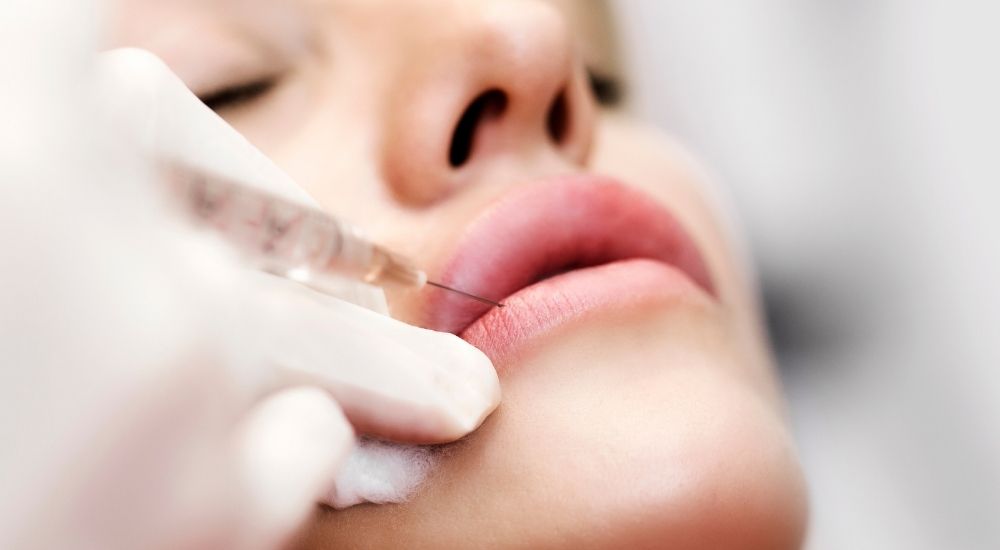
What has involvement with ABIC meant for you personally and professionally?
It’s been a dream come true to help so many people in our industry and play a part in increasing awareness and respect for our field, which is often underappreciated and undervalued as an essential well-being profession.
You can never overestimate the amount of work that goes into an endeavour such as this, it’s countless hours, and you need to have an endless amount of passion and conviction because it’s the one and the only thing that can drive a mission like this.
I can honestly say that everybody involved in ABIC feels the same way. Everyone is incredibly focused on driving our industry successfully into the future.
What has the process of advocating for the Australian beauty industry with the government been like?
Challenging, at times frustrating, but rewarding!
At certain times we have experienced a lack of respect, always a lack of understanding, and I think genuine surprise when government hear about how diverse and skilled our industry is.
We are very appreciative to be invited and welcomed as a part of these meetings and processes.
Thanks must go to Sandy Chong of the AHC and COSBOA and ACCI for their valuable introduction and incredible support.
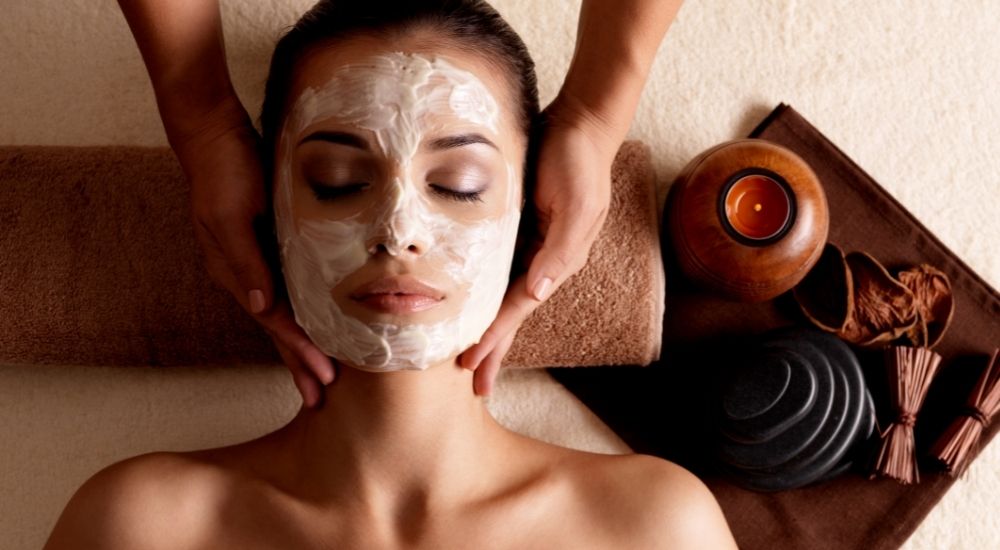
What are some of the measurable gains we have made compared to last year’s reopening?
It is vastly different this year. Without ABIC representation, beauty was earmarked to open after retail. We were not considered essential in any way and were deemed to be high risk.
There is now a real increase in the understanding and knowledge of our industry, and we have made countless connections that will help drive advancement in the future.
We are standing on solid ground with the government now, and we can begin climbing from there!
How do ABIC support businesses and individual therapists? How can beauty professionals get involved?
ABIC support businesses and professionals in so many ways. What we do goes beyond government representation and addresses the needs in our industry.
Business owners and clinics have access to Human Resource professionals, which means staffing issues and concerns can be addressed. We provide everything you need for your business, such as contracts, education and advice on legislation. Any questions that you have about your business, treatments, clients and staff – all you need to do is pick up the phone and call us. We are your partner.
For industry professionals and students, we provide support, education, connection, representation, employment guidance, and more.
It’s so easy to get involved and become a member by heading to https://theabic.org.au/memberships or calling us on 1800MYABIC (1800 692 242).
Our facilitators are so excited to talk to people in our industry, they are genuinely passionate about helping, and you will feel that as soon as you speak with them!
Want more on regulation and the rapid pace of change in the beauty industry? Read our Mind the Gap investigation and discussion on technology, insurance and diversity with Melanie Grant.
Read the current issue of our digital magazine here:
- For more news and updates, subscribe to our weekly newsletter
- Follow us on Instagram
- Like us on Facebook
- Join Australia’s largest network of beauty industry professionals on LinkedIn
- Subscribe to our print magazine
Have an idea for a story or want to see a topic covered on our site and in our pages? Get in touch at info@professionalbeauty.com.au.

